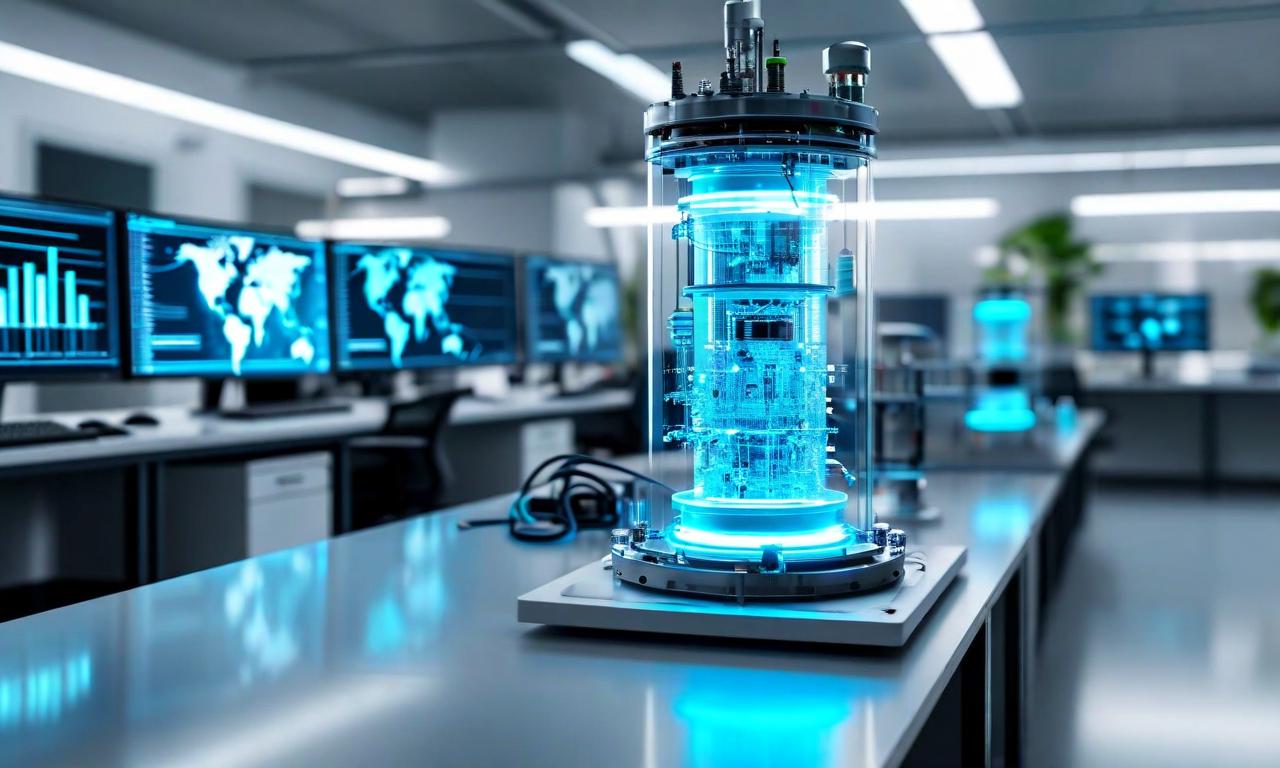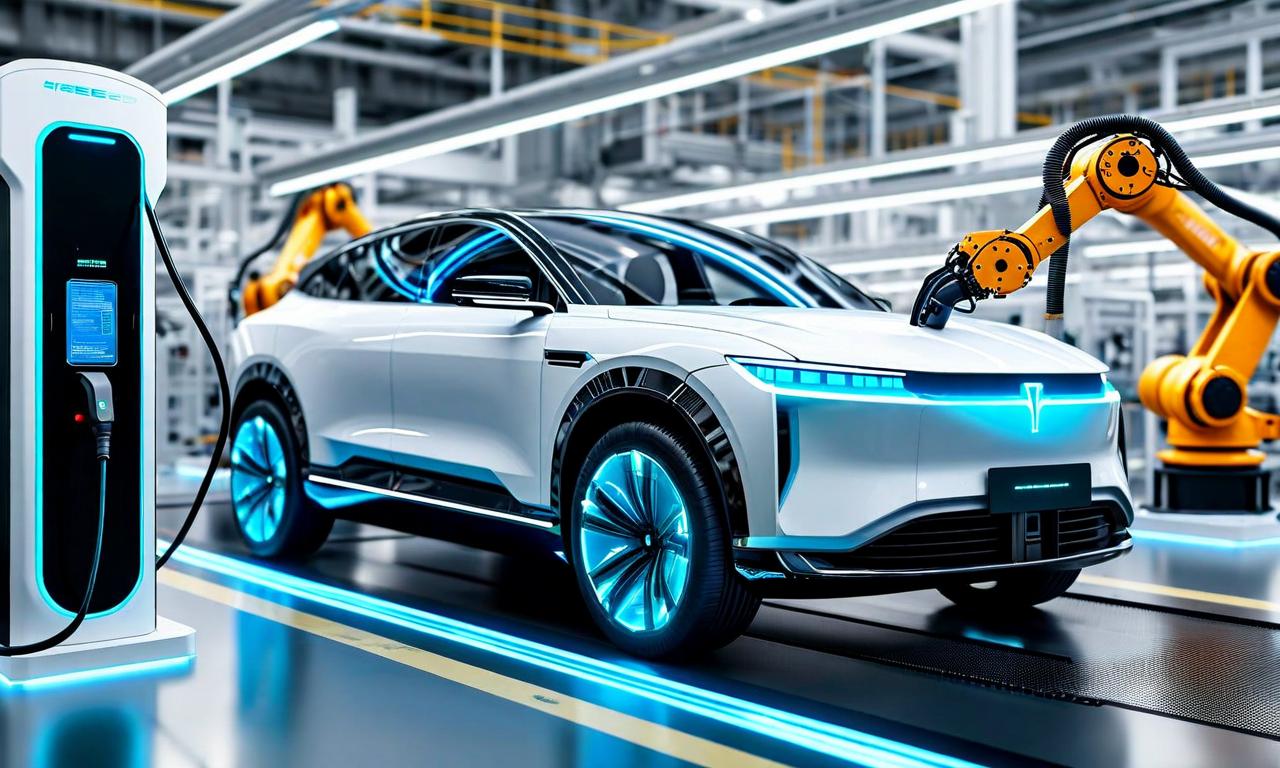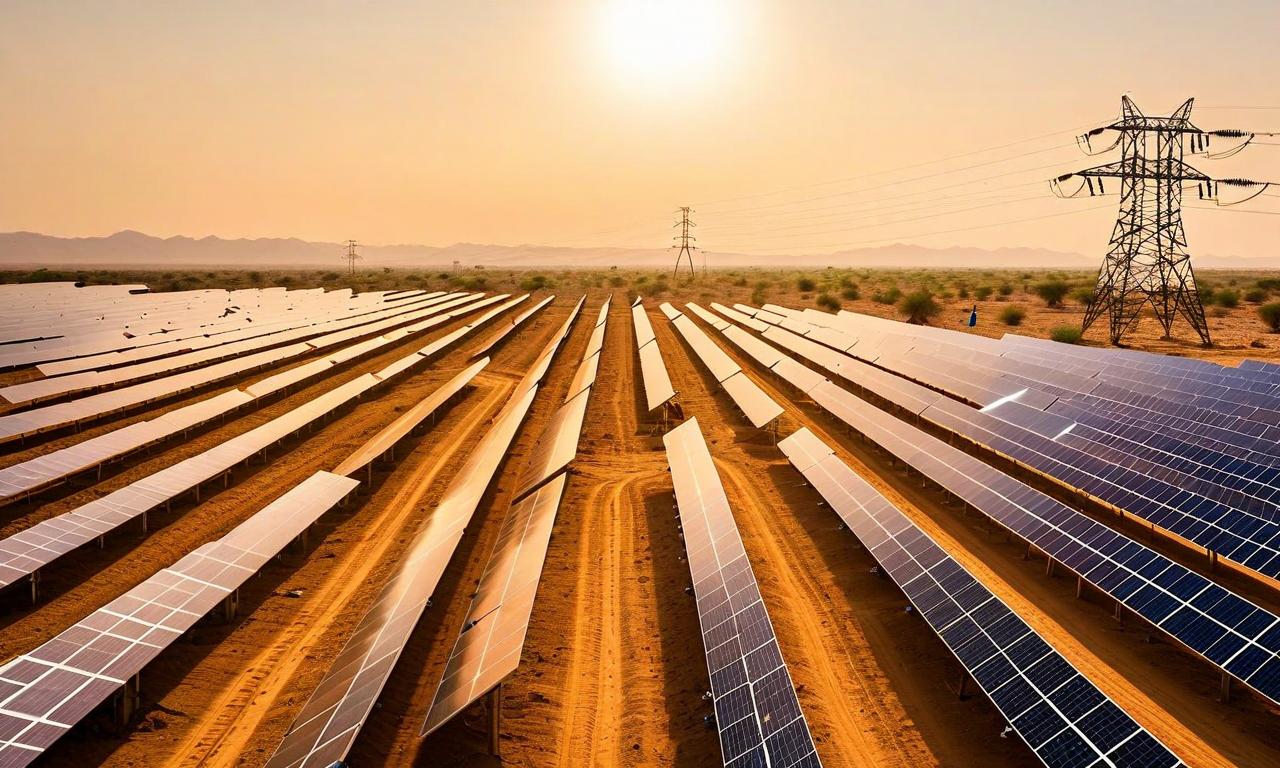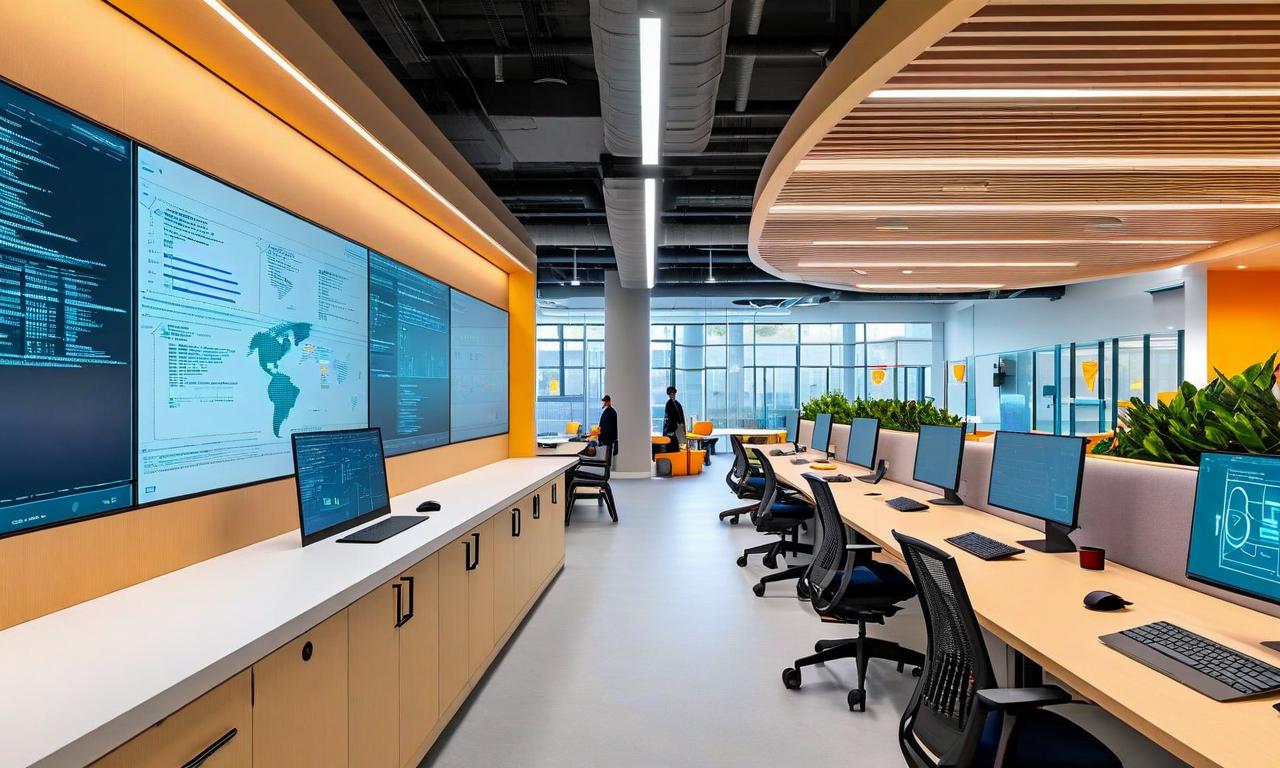BMW Gears Up for Hydrogen-Powered Vehicle Launch in 2028
BMW plans to introduce its first hydrogen-powered vehicle by 2028, showcasing its 'technology open' approach to sustainable mobility. The company is developing next-generation fuel cell systems in Munich and Steyr, with the third-generation system offering improved compactness, efficiency, and power output. BMW's hydrogen initiative complements its existing electric vehicle portfolio, addressing quick refueling and extended range advantages over battery electric vehicles.

*this image is generated using AI for illustrative purposes only.
German luxury automaker BMW is making significant strides in diversifying its drivetrain technologies, with plans to introduce its first hydrogen-powered vehicle by 2028. This move underscores the company's commitment to a 'technology open' approach in the evolving landscape of sustainable mobility.
Next-Generation Fuel Cell Development
BMW is actively working on assembling prototypes of next-generation fuel cell systems at its facilities in Munich and Steyr. The company has made notable progress in this area, having developed a third-generation fuel cell system in collaboration with Japanese automotive giant Toyota. This latest iteration boasts impressive improvements over its predecessors:
- More compact design
- Enhanced efficiency
- Increased power output
These advancements are crucial in making hydrogen fuel cell technology a viable option for future BMW vehicles.
Hydrogen vs. Battery Electric Vehicles
While BMW has already sold three million electrified units, the company continues to explore alternative drivetrains beyond battery electric vehicles (BEVs). Hydrogen fuel cell vehicles offer several advantages over their battery-powered counterparts:
- Quick Refueling: Hydrogen vehicles can be refueled in a matter of minutes, similar to traditional gasoline-powered cars.
- Extended Range: Fuel cell vehicles typically offer longer driving ranges compared to battery electric vehicles.
These benefits could potentially address some of the current limitations of BEVs, such as long charging times and range anxiety.
BMW's Multifaceted Approach to Sustainable Mobility
BMW's investment in hydrogen technology alongside its existing electric vehicle portfolio demonstrates the company's commitment to a diverse and flexible approach to sustainable transportation. By developing multiple technologies, BMW aims to cater to varying consumer needs and preferences while adapting to different market conditions and infrastructure developments worldwide.
As the automotive industry continues to evolve, BMW's strategic exploration of hydrogen fuel cell technology positions the company to remain competitive and innovative in the rapidly changing landscape of sustainable mobility solutions.

























